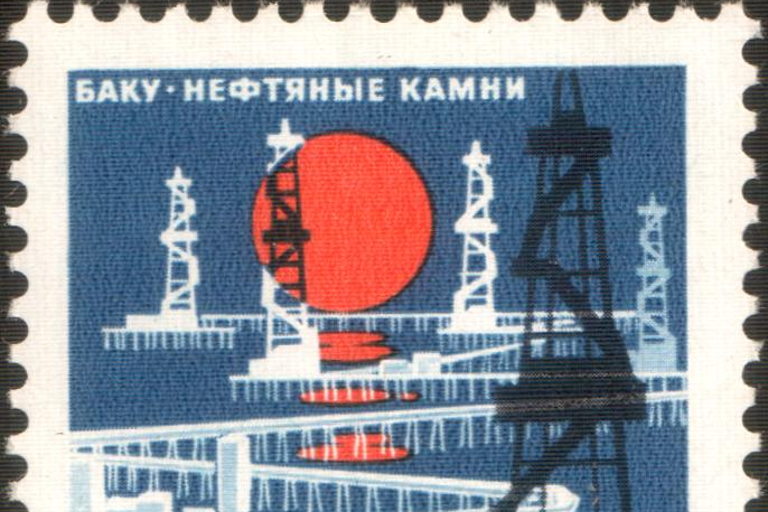To the casual observer Saudi Arabia and Russia, two of the top three producers of oil in the world, have been having a spat about what to do about low oil prices. (See here and here.) Each has accused the other of bad faith and counterproductive behavior. But is that merely what the two oil powers want you to believe?
We’ve been here before. Throughout most of 2016 Saudi Arabia and Russia put on a two-person show for the entire world, pretending time after time to move close to an agreement to lower production in order to prop up oil prices, only to back away or delay at the last minute. The two kept this up for most of 2016. They incited periodic spikes in the oil price without ever having to cut one barrel of production, spikes that kept prices higher for weeks until they drifted back down to levels that reflected reality.
But I believe the most important thing they were trying to achieve then was to create an atmosphere of continuing uncertainty. That uncertainty was supposed to scare investors and lenders away from U.S. shale oil producers who were still hurting from an oil price collapse that began at the end of 2014. Saudi Arabia and Russia wanted to prevent those producers from resurrecting U.S. production and undermining oil prices again. Simply stated, Saudi Arabia and Russia wanted the shale oil industry to go bust in a way that would prevent a recovery for many years.
But investors and lenders could not be frightened away, and they resumed financing shale oil operations in the United States.
I believe that the Saudis and the Russians are trying again to destroy the shale oil industry in the United States with their dance of uncertainty. As of this writing, the world has been told that the Saudis’ on-again, off-again fight with the Russians is off-again resulting in a new deal to cut production.
I will not be the least bit surprised if the faux fight is on again in a week or two, even if it is in the form of accusing one another of cheating on the agreement.
The reason the Saudis and the Russians may draw out what I believe is a staged feud for a while is that this time the U.S. shale oil industry had a head start on self-immolation as lending to the industry dried up last year. The industry got into increasing trouble as the year went on. And so, the collapse of prices in the face of the coronavirus pandemic this year offered an ideal opportunity to crush the industry’s ability to revive itself for many years by scaring investors away for an extended period.
If the Saudis and Russians can make it look like they might flood the world with oil at any time—as both have threatened to do recently—they might be able to scare investors away from America’s shale oil fields for a long time to come as those investors fear a second wipeout could happen in a heartbeat.
In the last decade or so the indifference of shale oil investors to losing money has been nothing short of legendary. A former industry CEO explained at a conference last year that from 2008 through the middle of 2019, the industry had destroyed 80 percent of investors’ capital. That’s NOT a typo! And, the loses are even greater now.
Will the Saudi-Russian tag team succeed in convincing investors to stay away from shale oil for years to come? That depends on two things: 1) How long the two can keep up their performance and thereby extend uncertainty and increase the pain of investor losses in shale oil, and 2) the memory of investors when shale oil executives come back to them for more money.
I have been surprised again and again as investors continued to shovel good money after bad into the continuously loss-making shale oil industry. But who knows? Maybe shale oil investors are a special breed who can’t be stopped because they actually like losing money!
Image: Soviet stamp depicts the town of Oil Rocks. Wikimedia Commons






